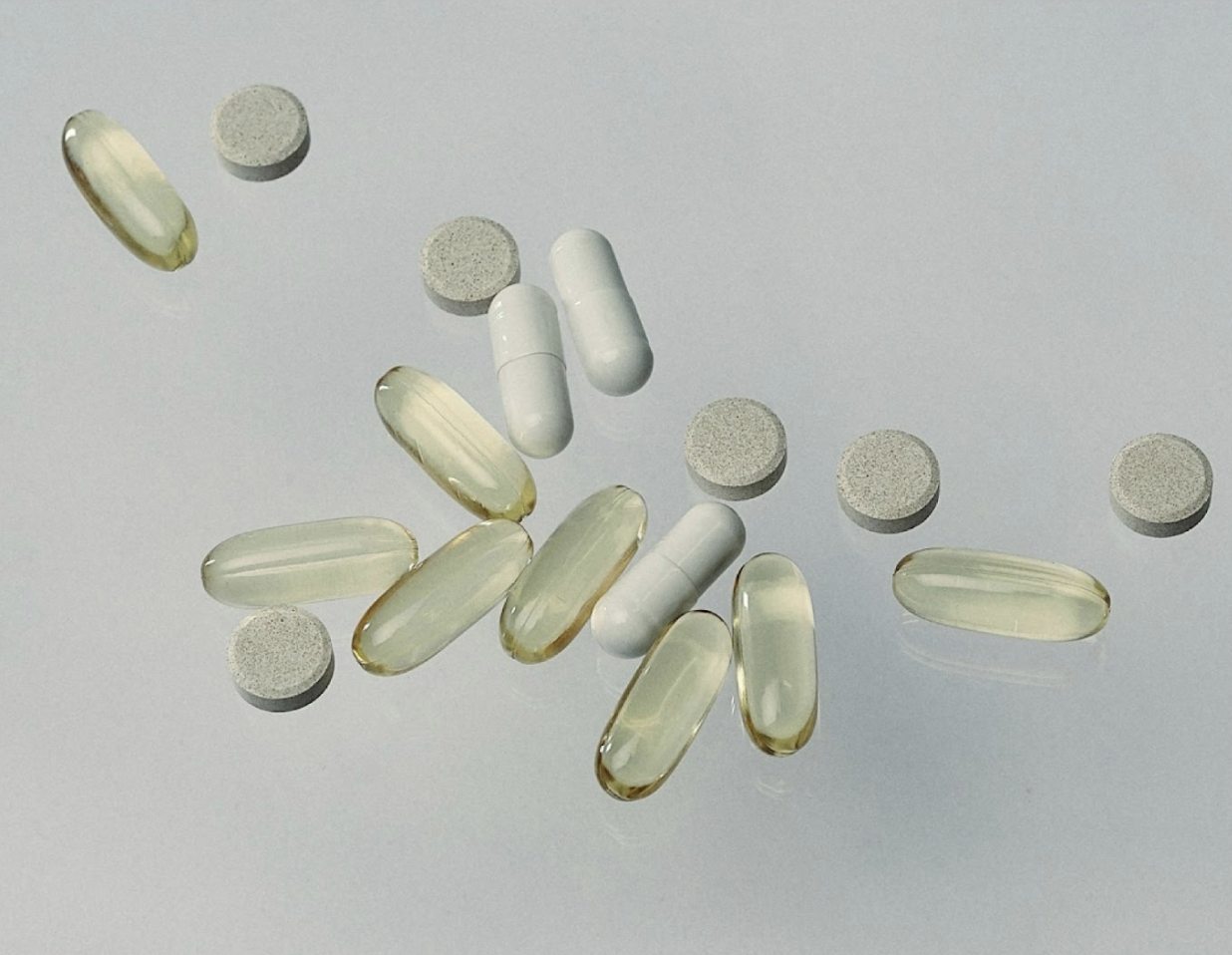Wellness Resources
"How Long Can I Stay On HRT?"
Is there a time limit on hormone therapy? The truth: there isn’t one.

I get asked this question a lot (as in, all the time) because women aren’t sure how long they can “safely” stay on hormone replacement therapy (HRT).
The honest answer? There’s no magic timer. The best path is a personalized, evolving conversation between you and your clinician, anchored in the current evidence and your risk factors.
But let me walk you through what we know.
First: The Debunked “Five-Year” Limit
For 23 years, hormone therapy has been unfairly demonized. It all started when the Women’s Health Initiative released flawed data in 2002 that suggested scary long-term risks. Cue the “five-year” limit many doctors still follow today.
(Those findings have been retracted conclusively, by the way.)
Today, we know better. HRT isn’t a “five-year-only” drug. It’s a therapy that warrants ongoing reassessment, especially since menopause symptoms don’t magically cease at some arbitrary age or time span.
The major menopause organizations now agree that:
- There’s no fixed deadline. The North American Menopause Society (NAMS) says women can stay on HRT as long as they’re regularly monitored and good candidates.
- Age isn’t a cutoff. Hormone therapy is acceptable in women over 65 with careful counseling and risk–benefit review (as it should be in every patient, frankly).
- Symptoms trump timelines. If menopause symptoms persist and you're still a good candidate, the benefits of continuing hormone therapy tend to outweigh the risks (The British Menopause Society).
What HRT Is Actually Approved For
The FDA has approved HRT for four indications. Jot these down so you can guide the conversation with your clinician toward what matters most for you:
- Hot flashes. HT can help relieve vasomotor symptoms (VMS) like hot flashes, night sweats, mood swings, and sleep disruption.
- Bone protection. Research has found that HT may prevent bone loss in postmenopausal women and reduce fracture risk.
- Vulvovaginal symptoms. This includes vaginal dryness, painful intercourse, and urinary issues (known as genitourinary syndrome of menopause).
- Low estrogen. HT can also help treat hypoestrogenism caused by hypogonadism or premature ovarian failure.
There’s also some evidence suggesting that HT may help with metabolism and glucose control. However, HT isn’t officially approved for diabetes prevention.
The Risks of HRT
Like any medical treatment, HT comes with risks:
The first possible risk is cardiovascular. If you’re over 60 or started HT 15-20 years after menopause, the chance of heart disease or blood clots tends to be higher.
- The Why: When you’re older, arteries are more likely to have stiffened or formed plaque. Adding estrogen may destabilize things and cause problems.
On the other hand, the “timing hypothesis” suggests that beginning HT earlier (within 10 years of menopause) may come with lower cardiovascular risk.
The next risk is venous thromboembolism. Oral estrogen increases the risk of clots in the legs or lungs, especially in the first 1-2 years and in women who are older, overweight, or smoke. This is a ‘class effect’ of any/all hormones, including birth control pills.
This is why many doctors may prefer transdermal estrogen (patches or gels) which carries a lower clot risk.
Lastly, we have to talk about breast cancer. The lay media and many physicians have wildly exaggerated this risk. The reality is that breast cancer risk naturally increases with age in all women, and hormone therapy’s contribution to that risk is minimal. Period.
Let’s dig deeper. The North American Menopause Society admits we don’t have great long-term data on hormone therapy use over many (i.e., 20+) years. There are some studies that show an increased risk of breast cancer in women on HRT, but many don’t account for the fact that the incidence of breast cancer increases with age anyway.
Also, we're talking about small increases that need to be weighed against significant quality-of-life benefits. And many negative effects diminish if you decide to stop hormone therapy.
Okay, So How Long Should I Stay on HRT For?
There’s no one formula. It could be two years, 10 years, or indefinite. It’s all reasonable as long as you still have menopausal symptoms and do regular check-ups.
- Doctor’s Note: Every 6-12 months, revisit your risk profile. Check blood pressure, lipid profile, breast health, coagulation risk, family history, and any new conditions. If a change emerges, revisit whether to taper or discontinue.
Also, you’re never “too old” to start HT. Data shows women in their 70s and 80s are still getting symptom relief, especially via gels and patches at lower doses.
Bottom Line: Use HT as long as it’s improving your life with acceptable risk. Personally, I plan and hope to stay on HT for the rest of my life! It’s mind-boggling to me that only 5% of women use HT when it can be this transformative. We can’t let poorly interpreted studies rob women of decades of well-being. This stops here, with you and me.


